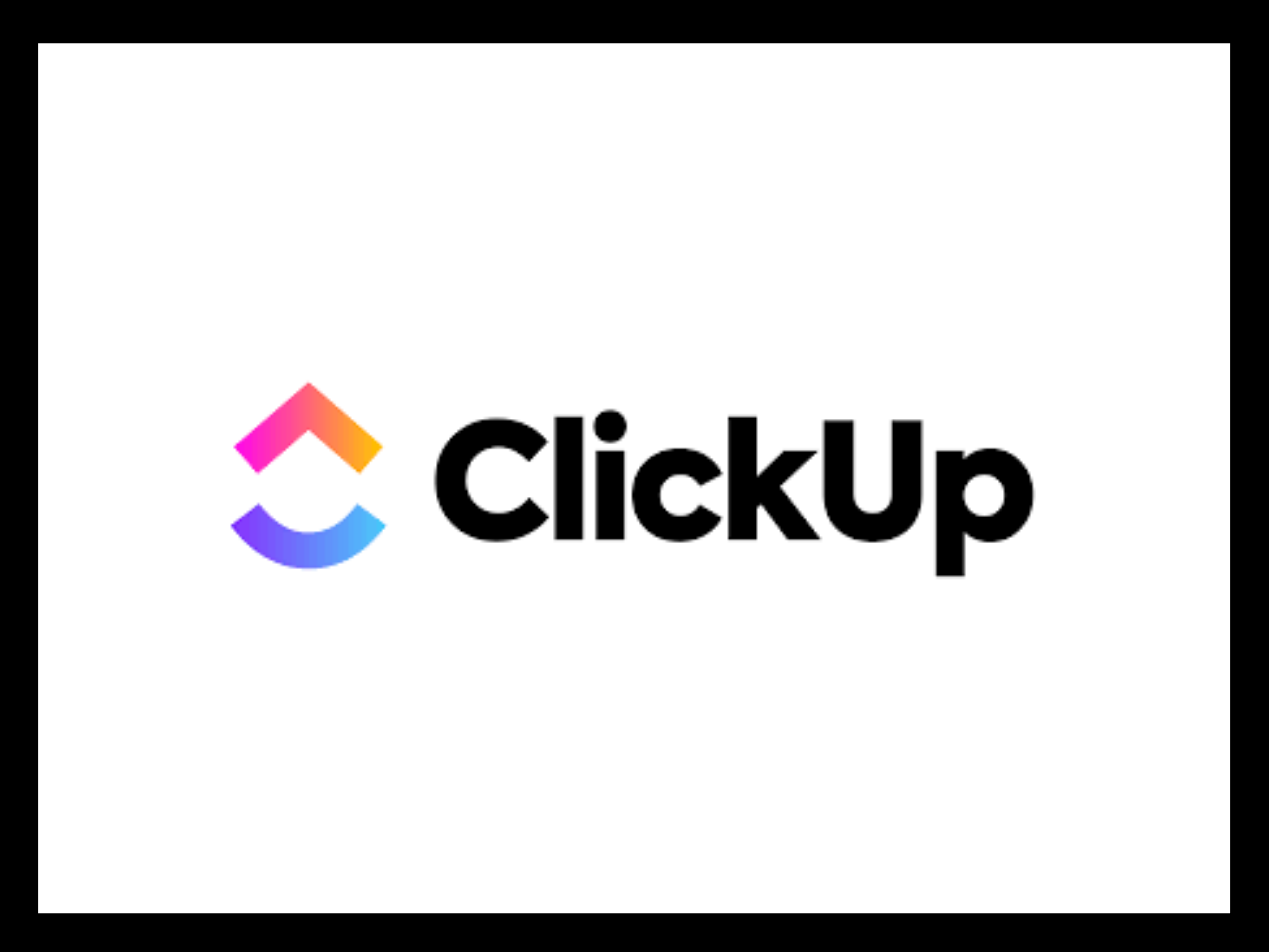%20-%202024-11-21T061645.134.jpg)
Based on our research, e-signatures may be HIPAA compliant because they meet the requirements set by the U.S. Department of Health and Human Services (HHS) to safeguard protected health information (PHI).
What are e-signatures?
E-signatures, or electronic signatures, allow individuals and organizations to sign documents digitally, streamlining workflows and reducing the need for physical paperwork.
With e-signatures, healthcare providers can obtain patient consent forms, authorizations, and contracts remotely.
Will e-signature providers sign a business associate agreement (BAA)?
Yes, many e-signature providers such as DocuSign, Adobe Acrobat Sign, and HelloSign will sign a business associate agreement. Each provider has its own HIPAA compliant offering and BAA terms. You can view an example of Adobe’s BAA information here.
What does the e-signature BAA cover?
Each e-signature provider outlines different terms within their BAA, but HIPAA-compliant e-signature services usually cover:
- Secure authentication of users
- Encrypted transmission and storage of PHI
- Access and audit controls
- Breach notification protocols
- Restrictions on how PHI is used or disclosed
Are e-signatures HIPAA compliant?
E-signature platforms may be HIPAA compliant, but compliance depends on whether the provider signs a BAA and whether the user correctly implements all required security settings.
The HIPAA compliant solution: Paubox
Paubox has developed a HIPAA compliant email and texting solution that makes it easier for providers to connect with their patients. It eliminates the need for third-party apps or logins, allowing patients to receive secure, encrypted texts and emails directly on their phones.
Learn more: HIPAA Compliant Email: The Definitive Guide
FAQS
What is HIPAA?
The Health Insurance Portability and Accountability Act (HIPAA) sets national standards for protecting the privacy and security of certain health information, known as protected health information (PHI).
HIPAA is designed to protect the privacy and security of individuals’ health information and to ensure that healthcare providers and insurers can securely exchange electronic health information. Violations of HIPAA can result in significant fines and penalties for covered entities.
Who does HIPAA apply to?
HIPAA applies to covered entities, which include healthcare providers, health plans, and healthcare clearinghouses. It also applies to business associates of these covered entities. These are entities that perform certain functions or activities on behalf of the covered entity.
What is a business associate agreement?
A business associate agreement (BAA) is a legally binding contract establishing a relationship between a covered entity under the Health Insurance Portability and Accountability Act (HIPAA) and its business associates. The purpose of this agreement is to ensure the proper protection of personal health information (PHI) as required by HIPAA regulations.




